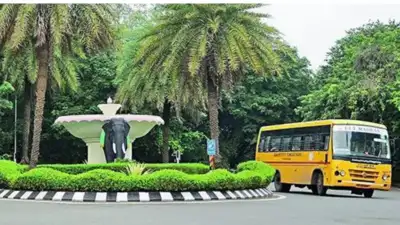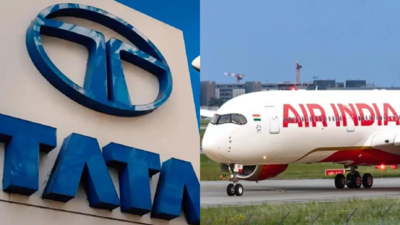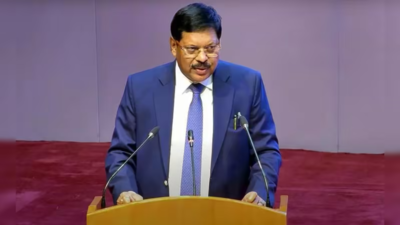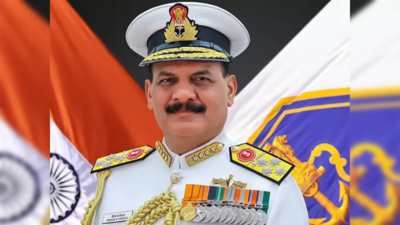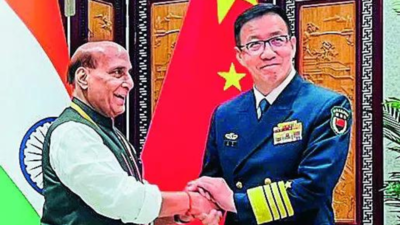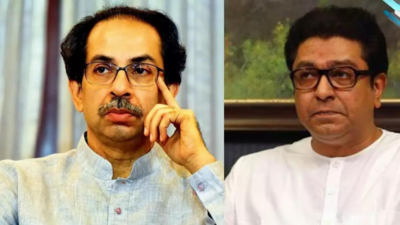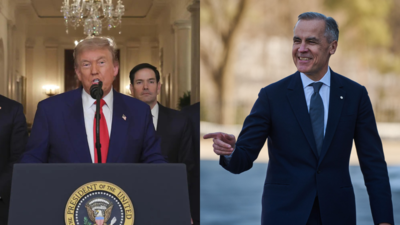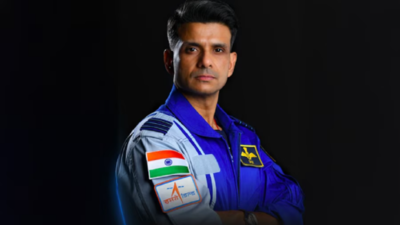IIT-Madras eyes global top 50 with major expansion plans | India News
NEW DELHI: Indian Institutes of Technology and IISc are unlikely to break into the list of world’s top 50 universities unless they run full-fledged medical colleges, IIT-Madras director Professor V Kamakoti has said, revealing that the institution is considering setting up a medical college to overcome this gap in its portfolio.In an exclusive interaction with TOI, Kamakoti said IIT-M has already begun internal discussions on establishing a medical college, which would be integrated with its engineering and science departments, as part of its long-term vision, and is looking for a large hospital.Further, the institution has planned a global outreach through its proposed research centres in Dubai, Malaysia, and Germany and a sustainability campus in Puducherry, another important parameter for global rankings that Indian institutions lag on. In what’s an unconventional move, IIT-M has formalised a platform to help its students prepare for civil services exams.“If you want to come into top 50 (in global rankings), you must have a medical school,” Kamakoti stressed, adding, “The top-ranked universities all have global campuses, deep-research collaborations, and, critically, medical schools”.He added: “This is not just about rankings — it’s about enabling convergence in areas like AI in healthcare, biomedical engineering, and public health. A medical college will amplify our research depth and societal impact”.On the plan for developing a sustainability-focused campus in Puducherry, the director said, “This campus will be a living laboratory for climate, water, and energy research”. Explaining the move, he added: “Sustainability is now a global benchmark in rankings. That’s why we’ve started School of Sustainability under School for Interdisciplinary Studies. It’s aligned with the UN’s Sustainable Development Goals. Every project must resonate with these goals — from green tech to zero-emission housing. Auroville collaborations in Puducherry are a part of this vision”.To expand global footprint, the institution will go for research collaborations and set up satellite centres in Dubai, Malaysia, and Germany. These will encourage Indian researchers to work on global problems and offer Indian students cross-border learning.“It’s called IITM Global,” Kamakoti said, detailing the vision behind the international outreach. “If you solve an issue for India, you’ve solved it for the world. Our IITM Global will take these to Malaysia, Germany, Dubai (by this academic year), and beyond.”Kamakoti also highlighted IIT-M’s initiative to nurture engineers for civil services. To enable this, institute has created Pragati, a platform to guide and support UPSC aspirants on campus. “We want our students to start early — during BTech or MTech — with structured preparation, peer interactions, and access to faculty and civil servants who’ve walked that path,” he said.“We’re not just a tech school anymore — we’re shaping India’s future in several ways,” Kamakoti summed up.
